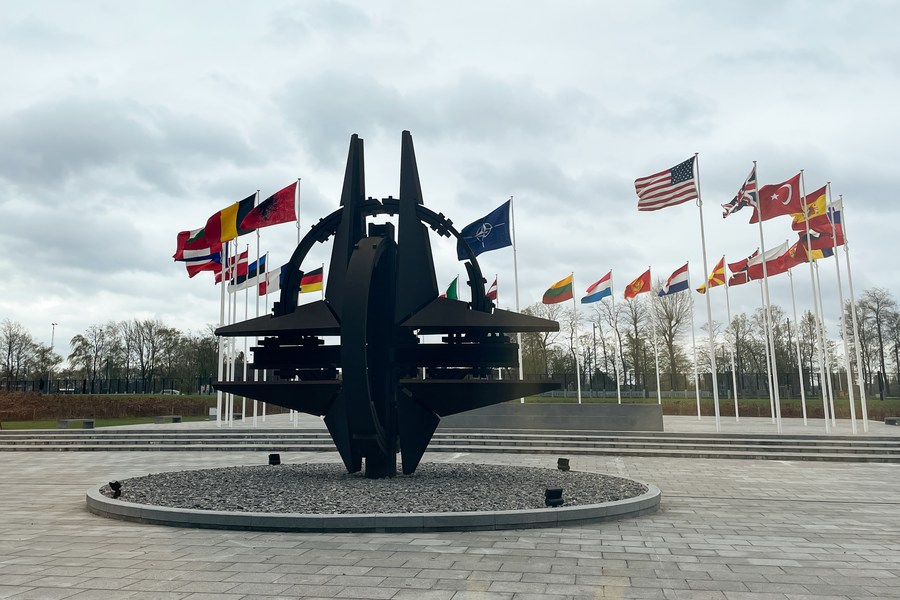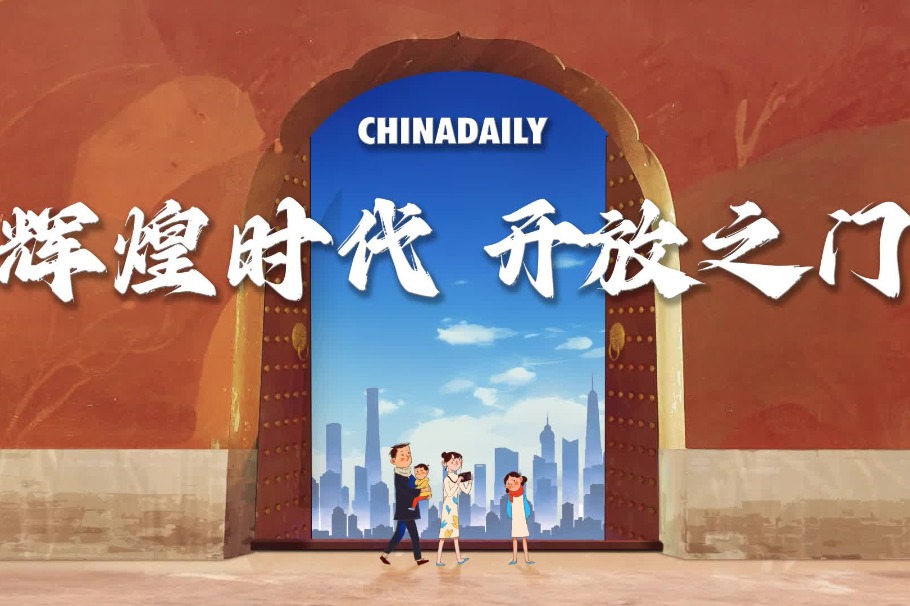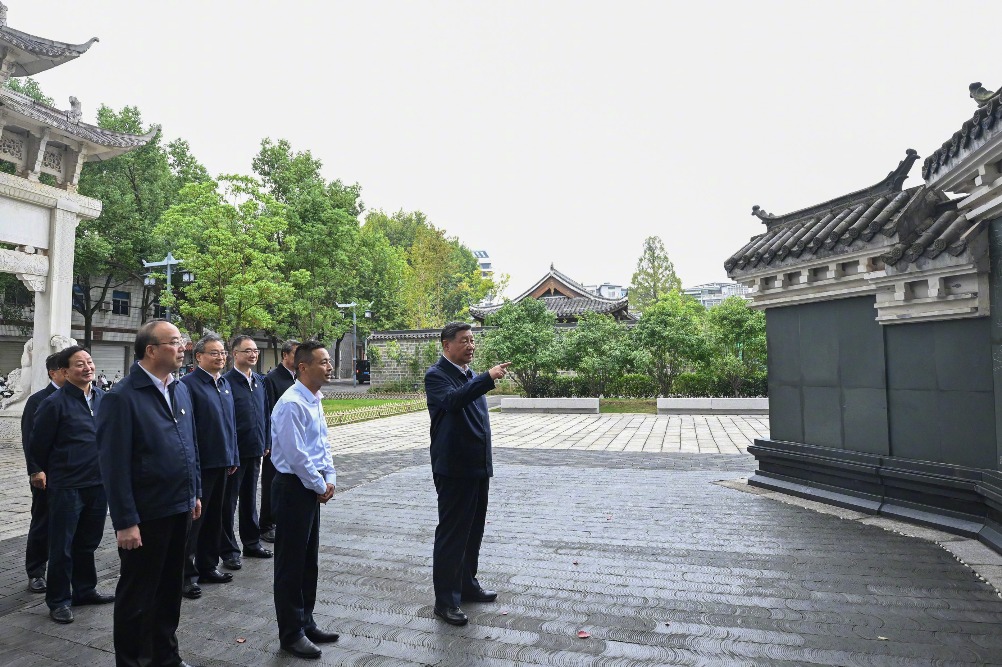To end Ukraine conflict, NATO needs to stop its expansion


Ukrainian President Volodymyr Zelensky laid out new conditions on Monday for peace talks with Russia to end the conflict, changing his earlier stance that he would not hold talks with Russia until a new leader assumed power in the Kremlin.
Zelensky is said to have changed his stance under US pressure, perhaps on the advice of National Security Advisor Jake Sullivan, who visited Kyiv recently. Sullivan might have advised Zelensky to do so in the hope that it would make the international community believe that it is Ukraine, not Russia, which wants to resolve the conflict.
In a sense, it is an effort by Washington to deflect the growing criticism for its lack of diplomatic efforts to end the conflict, a conflict that has been punishing not only Ukraine and Russia but also the rest of the world, the developing nations in particular, by triggering energy price rise, increasing global inflation, causing food shortages, and weakening the global fight against climate change.
It is also a bid by the US to face the new reality at home given the declining public support for Washington's involvement in the conflict.
In a recent letter to US President Joe Biden, progressive members of the Democratic Party called for employing diplomacy to prevent a protracted war. They later retracted the letter, ostensibly fearing it would help the Republicans win more seats in the midterm elections.
A Pew survey in September showed people in the United States were less concerned than they were in the spring about Ukraine losing the conflict. Only 38 percent said they are extremely or very concerned about Ukraine, compared with 55 percent in May.
Also, according to a poll published by The Wall Street Journal on Nov 3, about 48 percent of the Republican respondents said the US was doing "too much" to support Ukraine, up from only 6 percent back in March.
Kevin McCarthy, a heavyweight in the House of Representatives, said last month that there would be no "blank check" for Ukraine if the Republicans won the midterm elections, sparking concerns that waning US support could negatively impact NATO allies.
The Russia-Ukraine conflict can only be solved through negotiations and diplomatic means. But the talks have to be not just between Russia and Ukraine but also between Russia and the US-led NATO, which has been deeply involved in the conflict and played a key role in triggering it.
In their reply to Russian President Vladimir Putin in January, the US and NATO refused to address Russia's core security concerns due to NATO's reckless eastward expansion in the past decades and the possible inclusion of Ukraine in the military bloc.
Recently, European leaders such as German Chancellor Olaf Scholz and European Council President Charles Michel urged China to use its influence to help end the conflict. But do they really believe China wields enough influence to help end the conflict than they do in urging NATO to halt its expansion, thereby resolving the conflict?
China has been consistent in its stance, calling for restraint and calm to avoid escalating the conflict. It has also been reiterating that the conflict can be ended only through a negotiated settlement, something sadly ignored by all the other parties.
Countries such as South Africa and India have also called for a political resolution to the conflict and offered help to hold peace talks, but have not been taken seriously by Ukraine, the US and its NATO allies.
As the Chinese saying goes, whoever starts trouble should end it. A negotiated settlement to the Russia-Ukraine conflict requires genuine efforts by the two sides as well as the US and its NATO allies. A fair and lasting negotiated settlement probably means there is no loser, and all the parties help to restore lasting peace.
The author is chief of China Daily EU Bureau based in Brussels.
The opinions expressed here are those of the writer and do not necessarily represent the views of China Daily and China Daily website.


































